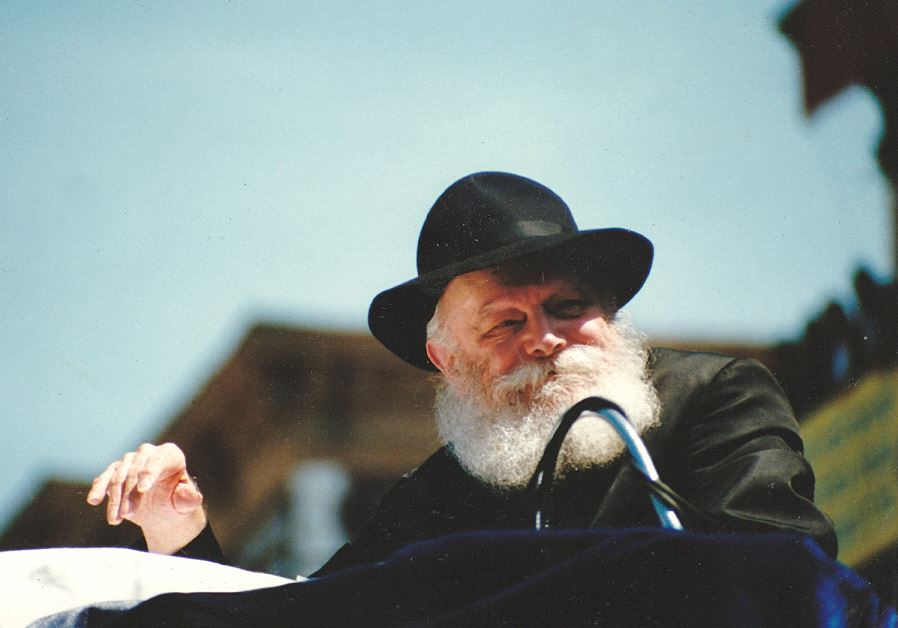Shavuot: Hag Shiluv, a festival of inclusion
“Inclusion” is thought of as a modern and enlightened concept, but Judaism had this concept thoroughly conceptualized more than 3,000 years ago.
 Rabbi Menachem Mendel Schneerson(photo credit: Wikimedia Commons)
Rabbi Menachem Mendel Schneerson(photo credit: Wikimedia Commons)